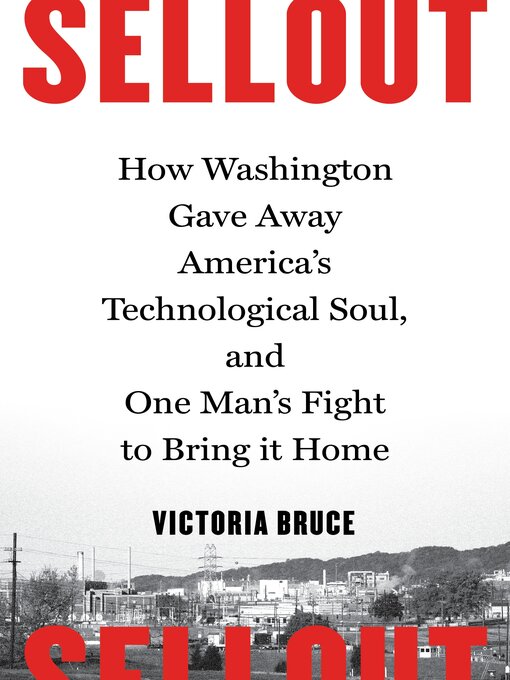
American technological prowess used to be unrivaled. But because of globalization, and with the blessing of the U.S. government, once proprietary materials, components and technologies are increasingly commercialized outside the U.S. Nowhere is this more dangerous than in China's monopoly of rare earth elements-materials that are essential for nearly all modern consumer goods, gadgets and weapons systems.
Jim Kennedy is a retired securities portfolio manager who bought a bankrupt mining operation. The mine was rich in rare earth elements, but he soon discovered that China owned the entire global supply and manufacturing chain. Worse, no one in the federal government cared. Dismayed by this discovery, Jim made a plan to restore America's rare earth industry. His plan also allowed technology companies to manufacture rare earth dependent technologies in the United States again and develop safe, clean nuclear energy. For years, Jim lobbied Congress, the Pentagon, the White House Office of Science and Technology, and traveled the globe to gain support. Exhausted, down hundreds of thousands of dollars, and with his wife at her wits' end, at the start of 2017, Jim sat on the edge of victory, held his breath and bet it all that his government would finally do the right thing.
Like Beth Macy's Factory Man, this is the story of one man's efforts to stem the dehumanizing tide of globalization and Washington's reckless inaction. Jim's is a fight we need to join.
-
Creators
-
Publisher
-
Release date
June 6, 2017 -
Formats
-
Kindle Book
-
OverDrive Read
- ISBN: 9781632862594
- File size: 603 KB
-
EPUB ebook
- ISBN: 9781632862594
- File size: 603 KB
-
-
Accessibility
No publisher statement provided -
Languages
- English
-
Reviews

Loading
Formats
- Kindle Book
- OverDrive Read
- EPUB ebook
subjects
Languages
- English
Why is availability limited?
×Availability can change throughout the month based on the library's budget. You can still place a hold on the title, and your hold will be automatically filled as soon as the title is available again.
The Kindle Book format for this title is not supported on:
×Read-along ebook
×The OverDrive Read format of this ebook has professional narration that plays while you read in your browser. Learn more here.